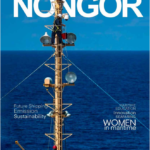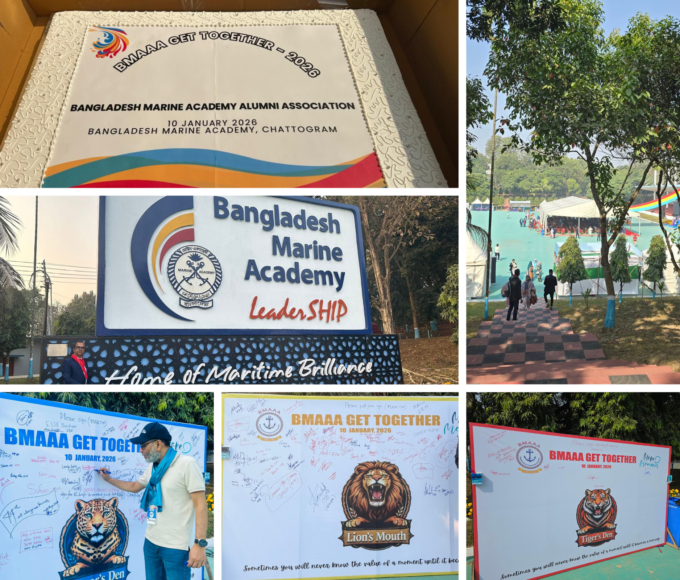How to transpose the provision into national legislation:
- Seafarers shall enjoy the Freedom of Association/ Union and right to bargain;
- There shall be no discrimination based on race, religion, colour, sex or sexual orientation;
- No person or organization shall deal with employment of seafarers unless they are duly licensed and regulated by the Administration as authorized Recruitment and Placement Service;
- Seafarers shall not be required to pay for their employment. RPS shall be paid by the Company (which has the ISM Certificate and the responsibility for safe operation and protection of the environment) for whom they conduct the recruitment;
- Minimum age for employment shall be 18 years unless special exemption is granted by the relevant authority;
- No seafarer shall be employed unless certified as medically fit to perform his/ her duties. Such certificate shall be valid for two years from the date of examination. If the period of validity expires in course of a voyage, the certificate shall continue in force until next port of call where the seafarer can be examined and certified by an approved medical practitioner, provided the period does not exceed three months. In addition to the national requirements, the employer/ company may require the seafarer to be also examined by a doctor of their choice.
- Every seafarer to be employed on a ship must have undertaken Basic Safety Training and be given Familiarization Training immediately on boarding. Seafarer shall also hold Certificate of Competency or other Certificates appropriate to their capacity and function;
- No seafarer shall be employed n a ship unless s/he is duly signed on an Article of Agreement (also known as Crew Agreement or Employment Agreement) that complies with essential elements of the Convention. Seafarers shall be issued with a book known as Record of Sea-service by the national Administration of the seafarer or by the Flag State Administration to record sea-service performed in order to facilitate further employment or satisfy the sea-service requirement for further progression in career. Such record shall not contain any remark on the seafarer’s ability or conduct;
- Seafarer has a right to safe and secure workplace, fair terms of employment, decent working and living conditions, health protection, medical care, welfare measures and other forms of social protection outlined in the Convention;
- Accommodation of the seafarers shall comply with the provisions of the Convention in respect of size of space, heating and ventilation, noise and vibration, laundry and sanitary facilities, lighting and hospital accommodation. There shall be communication and information facilities in addition to recreational facilities. Seafarers shall be supplied with clean linen and towel, crockery, cutlery and utensils as required. Sufficient quantity of drinking water and good quality cooked food of nutritional value to maintain a balanced diet for good health and vitality taking into account different religious and cultural background of the seafarers, shall be supplied;
- Ships shall be manned at the minimum by the number of persons specified in the Safe Manning Document (SMD) issued by the Administration. The company may employ additional seafarers provided appropriate accommodation and life-saving devices are available, and the seafarers are trained and certified for their job;
- Wages shall be determined by mutual agreement through collective bargaining but in no case lower than the amount fixed by JMC and paid as agreed but in no case exceeding interval of more than a month, and there shall be facilities to transmit the earnings to families if so desired;
- Seafarer shall be entitled to period of rest as stipulated in the Convention except in emergencies. Seafarer shall be given 10 hours of rest in every 24 hour period and a minimum of 77 hours of rest in each seven day period. Hours of rest may be divided into no more than two periods, one of which shall be at least six hours in length, and the interval between consecutive periods of rest shall not exceed 14 hours. Record of seafarers’ period of rest shall be maintained in easy to understand format. Overtime payment may be mutually agreed for working beyond the normal hours of work but not affecting the minimum period of rest.
- Seafarers shall be granted shore-leave (after ensuring safety and operational requirement of the ship) to benefit their health and well-being provided there is no restriction from the local authority;
- Seafarers shall be repatriated to their home port and never be stranded abroad;
- Seafarers shall be given appropriate medical facilities both on board and ashore as required until medically fit to travel for repatriation or to join back the ship;
- There shall be documented procedures for complaint and grievances so that remedial measures can be taken. Every seafarer shall be given a copy of complaint procedure;
- There should be provision for adequate compensation in case of injury resulting into incapacity (permanent or temporary) or even loss of life, and next of kin (nominee) shall be identified in the Agreement for proper settlement;
- The Administration shall undertake an investigation into causes and circumstances of all occupational accidents, death and injury or outbreak of any disease with a view to elimination or prevention of such incidents;
- Administration shall ensure that all ships of 500 GT and more and other ships of similar size in its waters comply fully with the provisions of the Convention. Every such ship shall carry on board valid Maritime Labour Certificate and Declaration of Maritime Labour Compliance in two parts.
—————————————
F R Chowdhury <fazlu.chowdhury@btinternet.com>
[The write is a former Director General of Shipping, Bangladesh. He is also an Ex- Deputy Chief Examiner of UK-MCA, Maritime Administrator of Gibraltar and Maritime Adviser to GOP, Kingdom of Bahrain. From 1st batch of Marine Academy, Bangladesh]

















Leave a comment